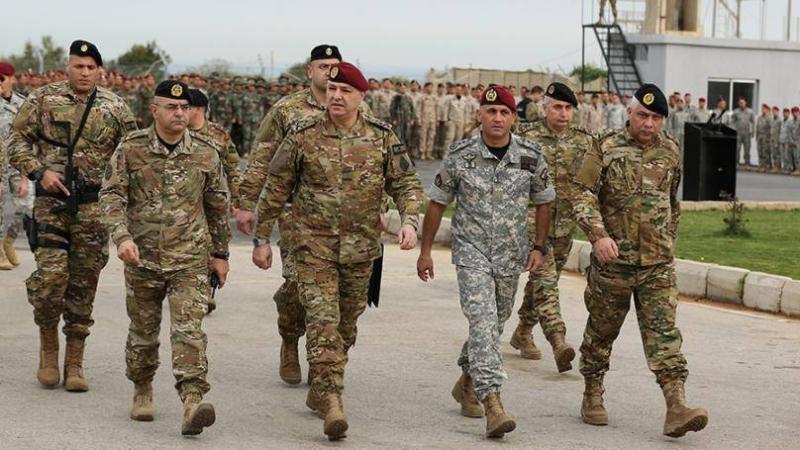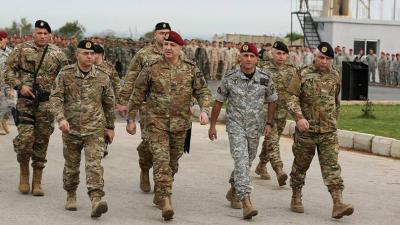The head of the Free Patriotic Movement, Gebran Bassil, clarified his position yesterday in an interview with Al Jazeera, stating that he does not support the presidential candidacy of the leader of the Marada Movement, Sleiman Frangieh. Moreover, he also rejected any constitutional amendment to facilitate General Joseph Aoun's ascension to the Baabda Palace, amidst divisions among the March 8 forces.
In practice, electing Aoun requires a constitutional amendment to Article 49, which states that "judges and employees of the first category and those equivalent thereof cannot be elected during their tenure and within two years following their resignation or departure from their positions or upon retirement." Furthermore, according to Article 77, this amendment requires the approval of "a two-thirds majority of the total members of the council by law."
On another note, the Speaker of the Parliament, Nabih Berri, deliberately conveyed a political message to the intended party, indicating that no one "has influence over him." In clearer terms, he reminds Bassil that he was the one who refused to vote in favor of President Michel Aoun in the last presidential elections in 2016.
Meanwhile, Hezbollah finds itself in a dilemma of choosing between two key allies, Frangieh and Bassil, thus preferring a blank ballot as a current option while awaiting regional developments.
However, what stands out in this context is the veto that Bassil publicly imposed on the army commander, aimed at blocking his path to Baabda Palace. A source familiar with the electoral matters explains the reasons for Bassil's "fear" of the army commander, as follows:
Firstly, the latter's refusal to allow “Bassilian” interventions in the internal affairs of the military institution, preventing it from becoming one of his gains. Secondly, there is fear regarding Aoun's integrity, who protected the army during the most difficult and dangerous phase it faced. Thirdly, there is also concern over the future of the Free Patriotic Movement and its golden era with the end of Aoun's term, especially concerning what the army institution represents in the Lebanese public conscience, particularly within the Christian community, as electing Joseph Aoun would automatically rally some of his supporters.
Additionally, the source notes that the head of the movement still hopes for circumstances and local and international atmospheres to allow him to declare his candidacy and may use all available cards to reach the presidency, as he possesses a significant Christian parliamentary bloc and has every right to occupy the highest state position.
The source confirmed in a discussion with the "Akhbar Al-Yawm" agency that the formation of the government will hinge on satisfying Bassil's presidential ambitions—while there is another team determined to prevent him from reaching this position, meaning that the battle remains open with others such as President Nabih Berri, former Minister Walid Jumblatt, Lebanese Forces leader Samir Geagea, and even the Sunni side.




